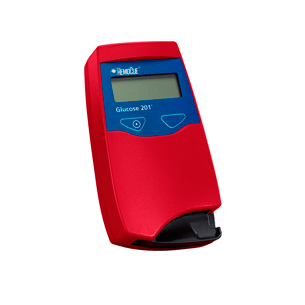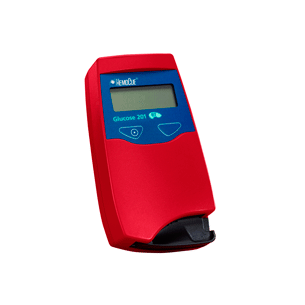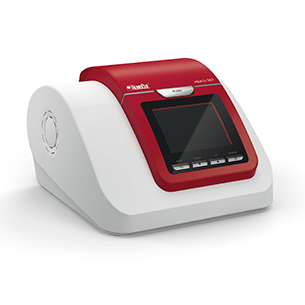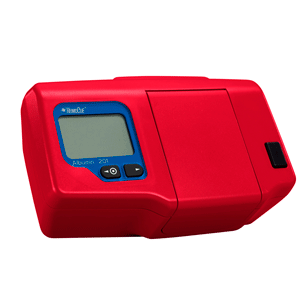Warning signs for diabetes can be obvious. They can also be unclear and sometimes hard to notice. A person with yet undiscovered diabetes probably knows at the back of their mind that something is not quite right.
A diabetes diagnosis means a change in the everyday life for the individual as well as the near family. Certain lifestyle changes are inevitable, yet with proper treatment and guidance a near normal life is possible. While struggling to accomplish change, the uneasiness about complications lingers. Finding the balance between health and a diagnosis is important – a life full of life is possible. It is important to allow a continuation of remaining a person not a patient.
A position of trust
Early detection and proper treatment may reduce the burden of diabetes and its complications. Therefore screening for diabetes is important in primary care. Once diagnosed, competent medical guidance and support is of great value for the patient with diabetes.
By using reliable HemoCue glucose point-of-care testing systems in the monitoring of patients with diabetes, immediate feedback is possible. The conversation between caregiver and patient has the chance to be more fruitful and constructive when not having to wait for results. Concerns about complications can probably never be completely resolved. However, some of the unease can be relieved with a confidence that health care has the capacity to detect warning sign of complications early enough to limit or stop their progression.
Solutions at hand
HemoCue point-of-care systems are available to test glucose, HbA1c and urine albumin. The systems give immediate results with laboratory accuracy. With these systems at hand, you have a complete point-of-care testing diabetes portfolio and you can manage the following:
- Screening, diagnosing and monitoring of diabetes
- Detection and monitoring of microalbuminuria
- Detection and monitoring of anemia






